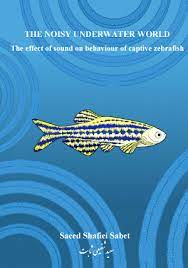Modern Palaeoanthropology advances towards greater openness and accessibility
In 1912, Charles Dawson, an amateur antiquarian and solicitor, along with Arthur Smith Woodward, the Curator of Geology at the Natural History Museum of London, proclaimed the discovery of the ‘missing link’ bridging the gap between apes and humans. They claimed to have found a fragment of a skull resembling that of a human in Pleistocene gravel beds near Piltdown village in Sussex, England. Additionally, they uncovered mandible fragments that were posited to belong to the same individual. Smith Woodward reconstructed the skull fragments, and collectively, they theorized that the discovery provided evidence of a human ancestor from 500,000 years ago. They unveiled their findings at a Geological Society meeting in 1912 (1), which were generally accepted by the scientific community. The fossil was named “Piltdown man,” creating a new species: Eoanthropus dawsoni. Unfortunately, the story does not end here.


